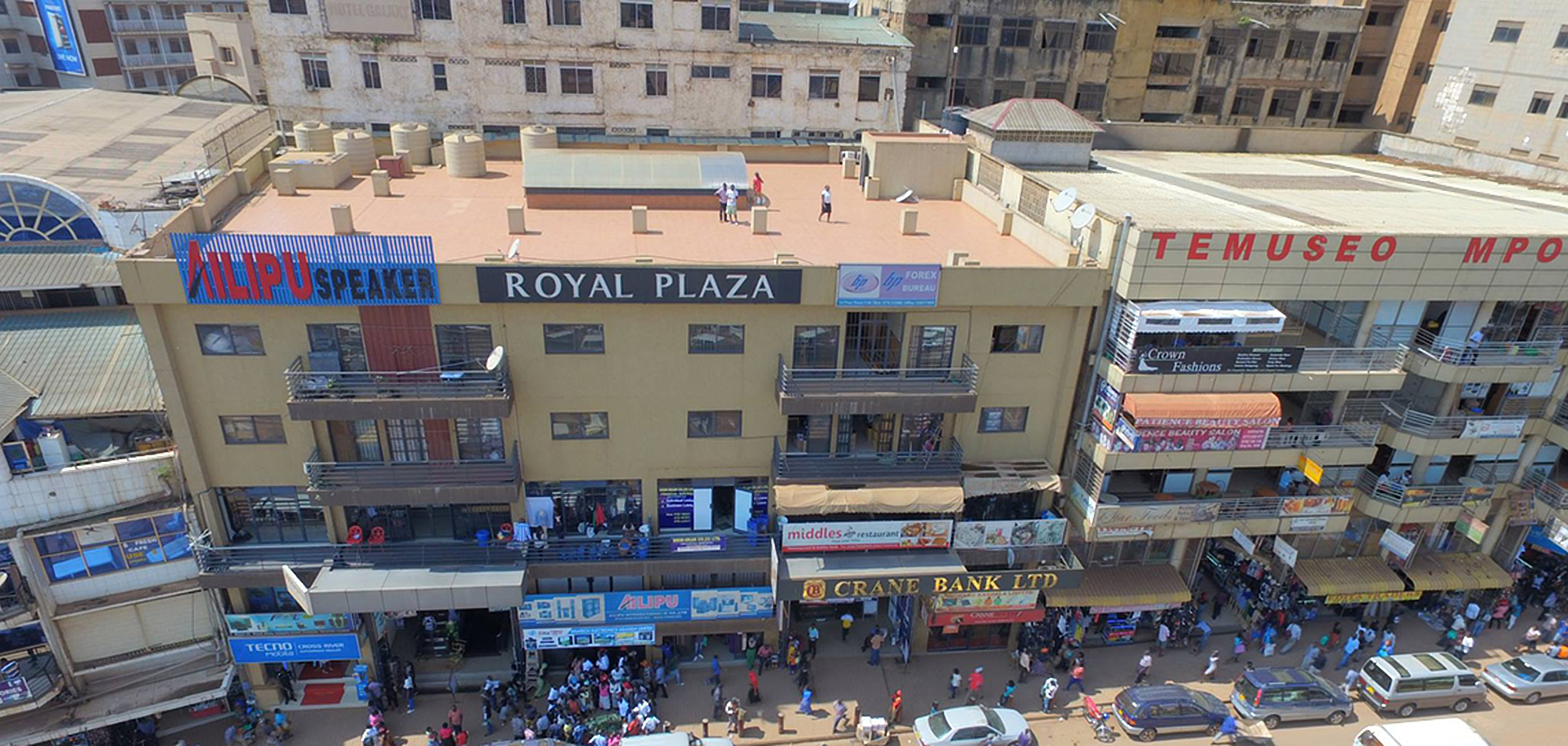Recently introduced tax bills, particularly one proposing a new tax on the disposal of non-business assets like land, have sparked significant debate and apprehension within Kampala’s business community.
Representatives from various trade associations have voiced their concerns about the potential negative impact of these new measures on businesses and consumers. Dr. Musoke Thadeus Nagenda, the chairman of Kampala City Traders Association (KACITA), presented a petition to Parliament’s committee on finance, planning, and economic development, urging the government to reconsider certain aspects of the tax bills.
The proposed Income Tax (Amendment) Bill, 2024, contains provisions for a tax on the disposal of non-business assets, particularly land and shares of private companies. Under this bill, a tax rate of 5% would be applied to the profit or gain made from such disposals, affecting assets such as urban land and shares of private companies.
While acknowledging the potential benefits of such a tax in increasing government revenue and promoting wealth redistribution, Dr. Musoke highlighted several concerns raised by traders and property owners. He emphasized that the tax could burden property owners, especially those reliant on real estate investments for their livelihood.
Moreover, Dr. Musoke expressed apprehensions about administrative challenges and potential market distortions resulting from the proposed tax. He recommended exemptions and thresholds for small-scale property transactions to mitigate adverse effects and promote economic activity.
In response to the proposed amendments, representatives from the Private Sector Foundation Uganda (PSFU) and Uganda Manufacturers Association (UMA) also weighed in. They emphasized the importance of refining the tax amendment bills to strike a balance between revenue generation and business growth.
PSFU’s Policy Advocacy Committee chairperson, Shirley Kongai, stressed the need for a predictable tax regime to facilitate proper planning and investment by enterprises. Meanwhile, UMA proposed extending the capital gains tax to non-individuals and adjusting the payment timeline to 60 days after receipt of disposal proceeds.
The tax bills, including amendments to income tax, stamp duty, excise duty, tax procedures, and value-added tax (VAT), were presented to Parliament’s finance committee for consideration. Finance state minister Henry Musasizi highlighted the strategy to balance revenue generation with minimizing the impact on consumers and businesses.
The business community continues to advocate for amendments that address their concerns while supporting the country’s economic growth and development as Parliament prepares to discuss these bills.




















